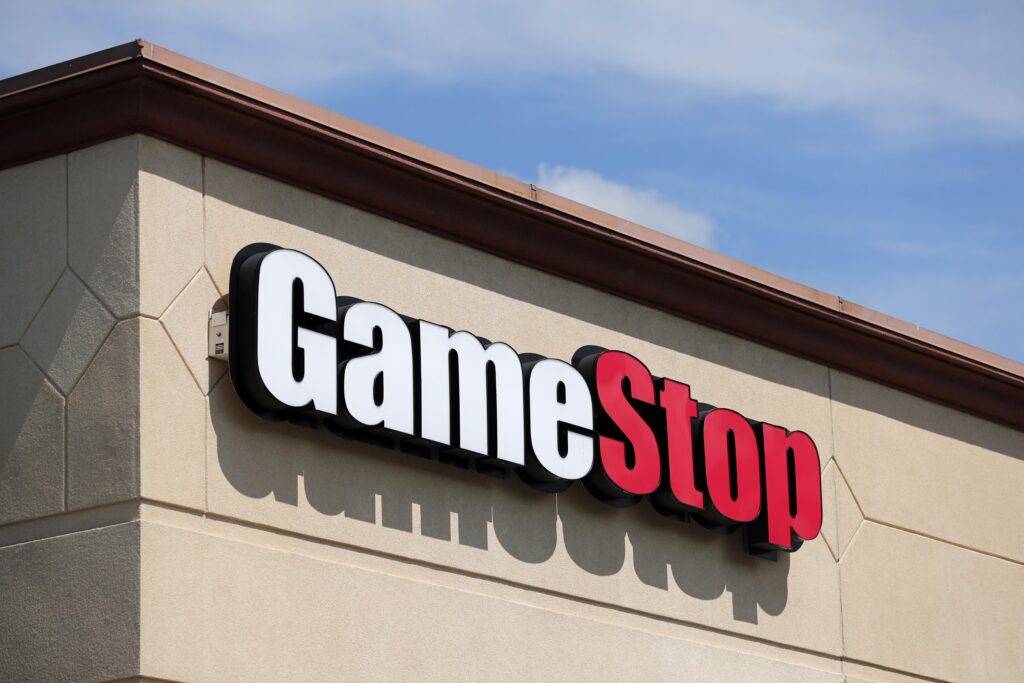That Gamestop (GME) is in the middle of another Reddit-fueled run is baffling to me. It makes me think that people who are “long” GME believe that GME is worth what someone else will pay for it, and not what the the company will earn in the future. The “Greater Fool” theory, meaning that I will make money as long as some other greater fool pays me more to buy it from me than I paid to buy it, is aptly named. Once all of the greater fools either get skunked or go away to their next victim, those investors who remain will revert to valuing a company based on its projected future earnings. I guess there will will always be greater fools out there who don’t understand this basic Investing 101 concept.

Recap
As many of you are aware, in January 2021 GME went from a boring low-$20’s stock to a $400+ stock over the course of a couple of weeks because of a social media-inspired short squeeze. Well, the short squeeze play died out a bit but not completely, and GME went from about $50 back up to over $250 just this month, and it trades today at about $188. Again, this March run was fueled by a Reddit forum. Do GME’s fundamentals and future earnings justify a $400, or a $250, or a $188 price? They do not. GME announces its earnings later today, and although GME is expected to show a profit for Q4 2020, it lost almost $300 Million for the first 3 quarters of 2020. Though Covid didn’t help, it also wasn’t the cause of GME’s losses, as GME lost nearly $500 Million for the first 3 quarters of 2020. A start-up new high-tech IPO company can have its stock go up while losing hundreds of millions of dollars, but not an established retailer like Gamestop. The point is, based on future earnings, GME’s stock price of $188, or $250, or $400 cannot be justified.
Buffett
I wrote about the discounted cash flow model of business valuation a couple of weeks ago. My point then was that corporate valuations are up because the discount rate, specifically the portion of the discount rate that is termed the “risk-free” rate, is low – in the 1% range or a bit higher. The discounted cash flow, or dcf, model is how legendary investor Warren Buffett values his investments. Buffett views any potential investment purely as a stream of future cash flows. If he understands the nuances of the business and knows and trusts that the managers of that business can do a good job and deliver, then Buffett believes the risks that he will eventually see the projected future cash flows are minimized. When Buffett discounts those future cash flows to the present, if that net present value is more than the price at which the company is trading today, Buffett will look to buy the company’s stock. Fortunately for him, he has enough money that he can buy the entire company, and not just a 100 share piece of it.
IMO
Don’t let Buffett’s store of dry powder for investing cloud your own thinking as to how you should look at an investment. Look to future cash flows. Don’t use the Greater Fool theory and believe someone out there will eventually pay you more than you paid. Use the DCF method for valuing the future prospects of your potential invesstments. And don’t play the GME game.
